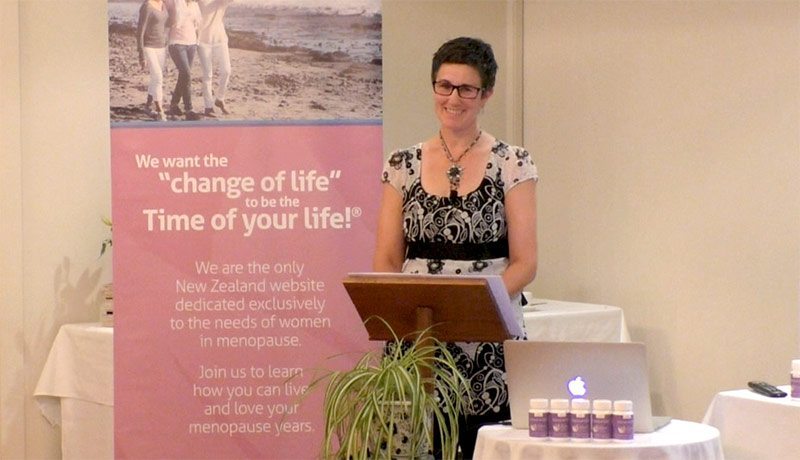One of our goals at MenoMe® is to encourage women to talk more about menopause.
And by talking I don’t mean the usual jokes or a quick mention about hot flushes. I mean really talk about how menopause signs affect you on a day to day basis – at home, work, and socially.
The truth is, we’re hearing some pretty tough stories from women reaching out to us. And there seems to be a common theme – lack of knowledge about menopause!
Let’s talk about menopause
So, as a MenoMe® co-founder,I talk about menopause constantly these days. I’ll meet someone in the street and they’ll ask how it’s going. And I’ll reply “great, really busy, especially with this menopause thing”. Indeed, that’s all I need to say and the conversation begins. But I have to tell you I’m hearing a lot of misinformation as well as a lack of information.
As a result, when I was asked to do a local radio interview about menopause I jumped at it. Many women don’t realise there are three stages of menopause. Additionally, many women – especially women in their 40’s – think you’re only in menopause when your periods stop.
But that’s not true. Perimenopause is the lead up and it can last for over 10 years. What’s more, it’s when most signs and symptoms occur.
You can listen to my radio interview here…
The danger of not being knowledgeable about menopause
When you don’t understand menopause you may not realise you’re actually going through it. Furthermore, you could put normal menopause signs down to something else or you could be misdiagnosed and put on incorrect medication. And in feedback from the MenoMe® community we hear this story a lot.
The signs & symptoms of menopause
There’s far more to menopause than hot flushes, night sweats and periods stopping. In fact, there are 34 documented signs ranging from the well-known hot flushes and mood swings to the lesser known sleeplessness and menopause induced anxiety and depression. And this list is growing.
If you’re in you’re around 50 you will experience menopause!
I recently spoke to a business women’s group on this very topic. You can see the video of my talk below. While talking, I mentioned that when we’ve (MenoMe®) raised the menopause subject to women aged 50+ some have said: “Oh I never ‘had’ menopause”. As if it’s an illness they have avoided. But what we think they might be saying is “we’re one of the lucky ones who never experienced hot flushes”.
Let me assure you, menopause is not an illness and cannot be avoided (while you’re alive). If you are female and around 50, then you have experienced at least one of the stages of menopause – perimenopause, menopause or post-menopause. And this is irrespective of whether you have experienced hot flushes or not.
Conclusion
Menopause is the gateway to healthy ageing
If we miss the call and carry on living as we have done we may not be taking the best care of ourselves.







